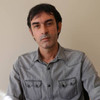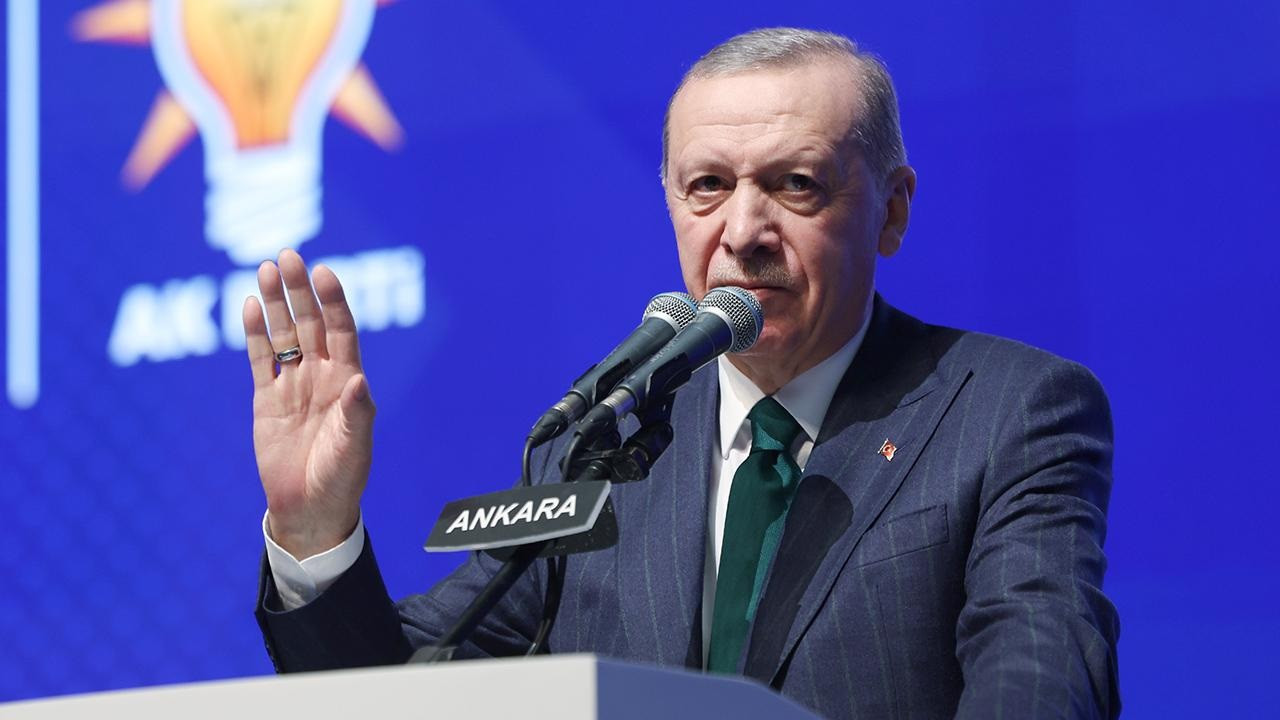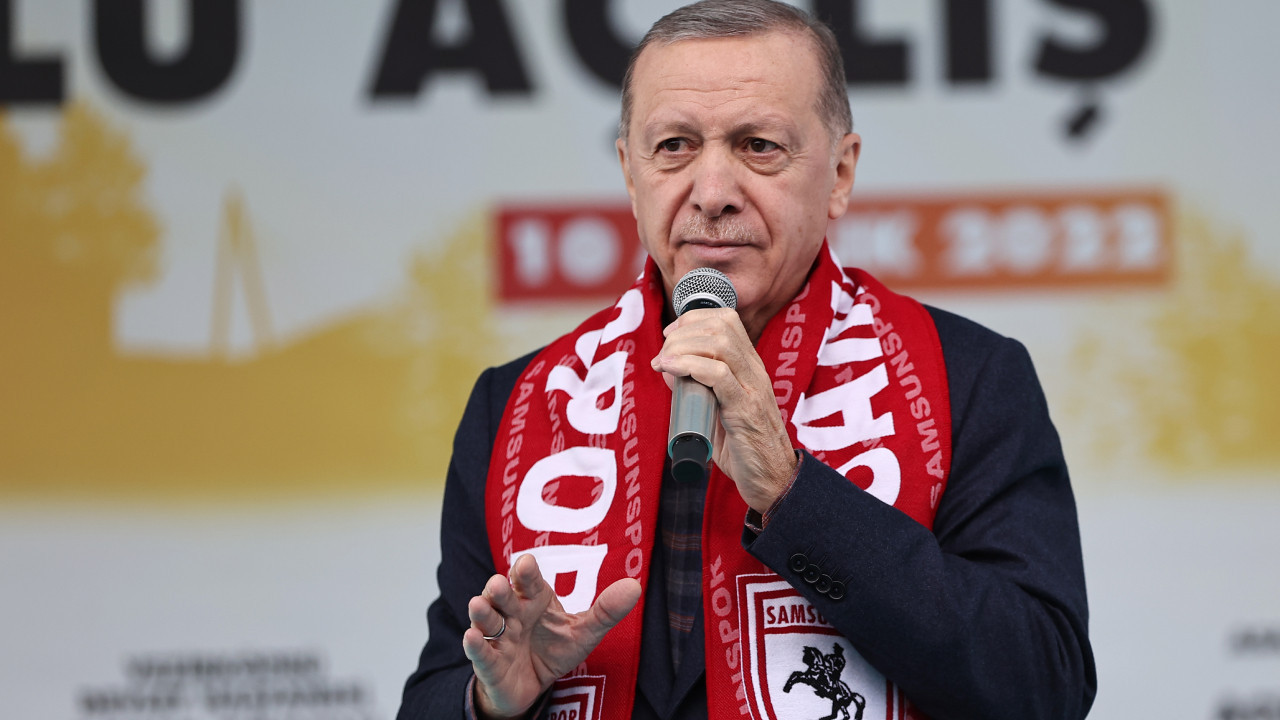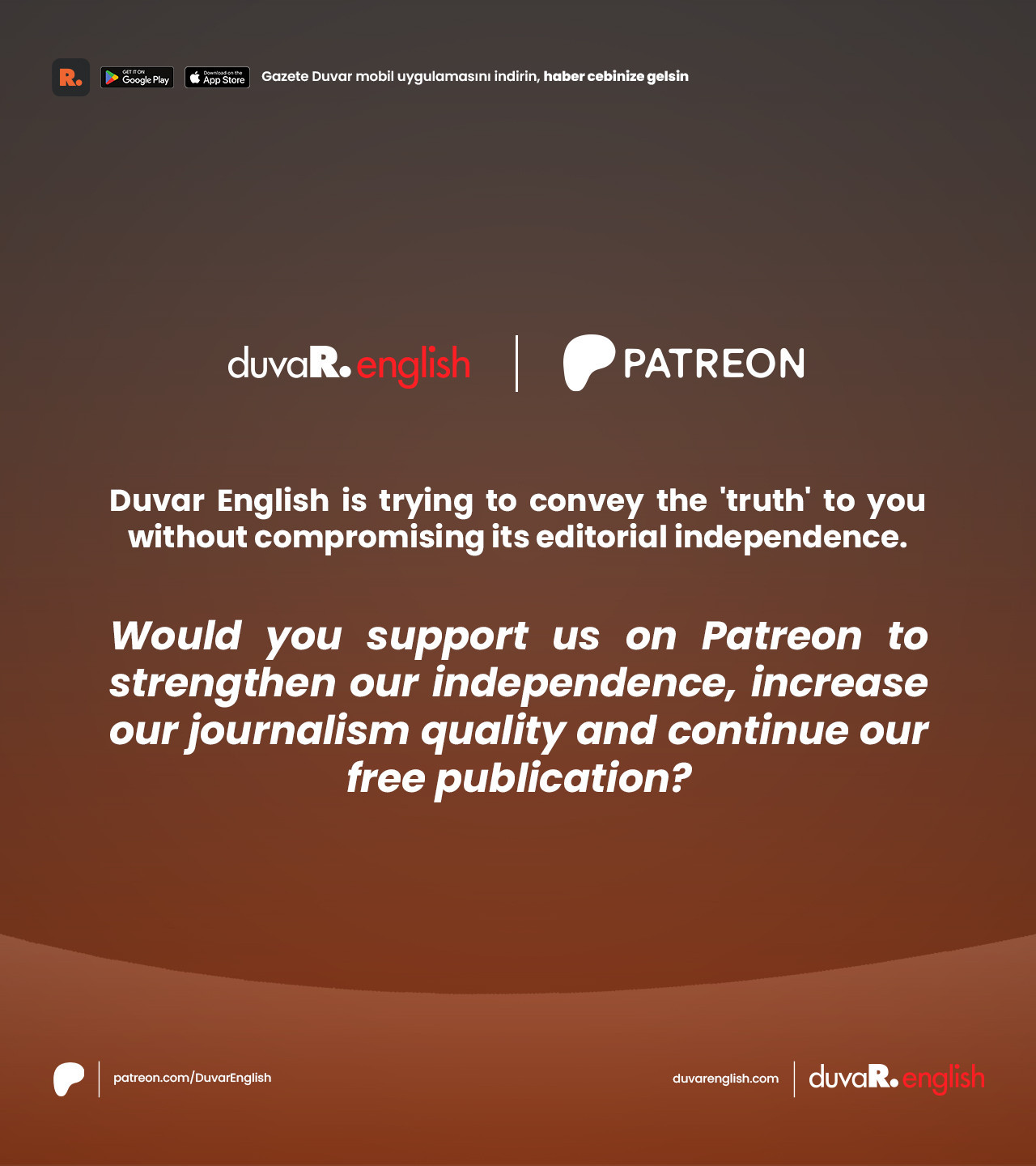Will Erdoğan step down?
Why does this regime exist if Erdoğan is not going to rule? He can make 'u-turns' on every issue, he can deny what he said yesterday, but he cannot compromise his position. This is the only position he cannot compromise. If he does, his regime will end. The country would evolve into a completely different process where the political positioning of the society will determine whether the aftermath will be good or bad.
Recep Tayyip Erdoğan said the March 31 elections were a "final" for him. Technically correct. Unless the rule is changed, according to the Constitution, he cannot run in 2028. Legally, he is not bound by his own will. But will Erdoğan really step down? Why did he feel the need to say "my last election" when he is not a candidate for any municipality in the local elections on March 31st, when there are still four years left in his term?
Before discussing the answers to these questions, let's open a parenthesis and talk about a book that İletişim has just published. It is called “Sub-Saharan - Politics and Life.” In the book written by Volkan İpek, an academic working on Africa, the post-colonial political life of 49 countries in Sub-Saharan Africa is analyzed one by one. Since the “legal” abolition of colonial rule by European states, particularly Britain, in the 1960s, the main political agenda of almost all countries has always been elections and constitutional debates. Under these two headings, there is, of course, a bloody list of ethnic massacres, coups, internal strife, and regional conflicts.
The book examines each country in its specific circumstances, but in total, except for a few, such as Burkina Faso's Thomas Sankara, who dreams of a completely different economic and political order, the goal of all leaders is to design a constitution to suit the regime they have elected from the “sacred ballot box.” Every election comes with a constitutional promise or amendment. The approval of the ballot box is considered an approval to change the constitution. And almost all of them end up in the same deadlock: How many times can a person be elected?
We can translate this question, expressed in legal language, into political language as follows: “Why did I establish the regime if I am not going to rule?”
The rough summary of sub-Saharan electoral political history, which is analyzed under the post-colonial “transition to democracy” heading, actually consists of the answers to this question. For instance, Dawda Kairaba Jawara, the first prime minister of Gambia, comes up with a unique solution. He invents a form of government that has the formal elements of democracy such as elections, constitution, parliament, etc. but where he always has the final say. He calls it “Sembocracy,”, inspired by the local word “sembo” meaning “power.” Sounds familiar, doesn't it?
It is a useful book not only for those interested in African history, but also for those discussing elections-regime-democracy at a time when more than half of the world's population goes to the polls in the same year (2024) for the first time. Let's close the parenthesis with a recommendation to read it.
Now let's return to our main topic: Will Erdoğan step down? We can ask the same question in its previous form: If Erdoğan is not going to rule, why did he create his own “sembocracy”?
***
We have previously witnessed Erdoğan saying that he was on stage “for the last time.” He wanted to lead the AKP for the last time, he wanted the presidency for the last time. However, each time he dragged the country into a change of status that would “reset the kilometers.” Therefore, his emphasis on “law” is important. But one should also pay attention to the rest of the sentences. He says; “March 31st is a turning point. At this turning point, the eyes of the entire Islamic world are on Turkey. Although it is not a general election, the eyes are on the AKP’s outcome in the local elections.”
We can draw a few headlines from his words. First, Erdoğan sees March 31st, especially the Istanbul election, as another referendum. The votes he gets will determine how he will continue. Second, the course of the regime he is building is clearly Islamist, as he himself has declared. Not only candidates are voted on the ballot. Third, there is an obstacle in front of the regime, the Constitution. It is essential for the government to change it. Fourth, whether you call it a search for loyalty or victimization, he is asserting his personal presence. It is natural though. Without Erdoğan, the end of the regime he established would be uncertain. At least it cannot continue in its current form. The harmony of all the parts, including the incompatible ones, depends on him being at the center.
What gives the government its character is the opportunity for different interests to be represented in the state. Not limited only to AKP-MHP; Erdoğan is the triangulation point of a multi-part coalition, from religious cults to capital groups, from bureaucratic cliques to groups sharing economic resources, from elements of the criminal world to international and local networks. Because the regime, whose practices we discuss almost every day, was designed according to Erdoğan.
So, we can also read the remark “my final” as a “stake.” A stake to everyone with whom he has shared power so far and with whom he wishes to share power in the future. This is not to give him more power than he deserves, on the contrary, it is to point out the contradiction of the regime that has been built. If he is not going to rule, why does this regime exist? The dilemma is here. Despite all the state power, an article in the Constitution leads to a crisis. One way or another, either the knot will be obeyed or it will be cut. Erdoğan actually pointed out the upcoming crisis early on.
In short, he can make “u-turns” on every issue, he can deny what he said yesterday, but he cannot compromise his position. This is the only position he cannot compromise. If he does, his regime will end. The country would evolve into a completely different process where the political positioning of the society will determine whether the aftermath will be good or bad.


 Erdoğan says municipal election is his last election ‘as authorized by law’Politics
Erdoğan says municipal election is his last election ‘as authorized by law’Politics Erdoğan says he will run for presidency for last timePolitics
Erdoğan says he will run for presidency for last timePolitics